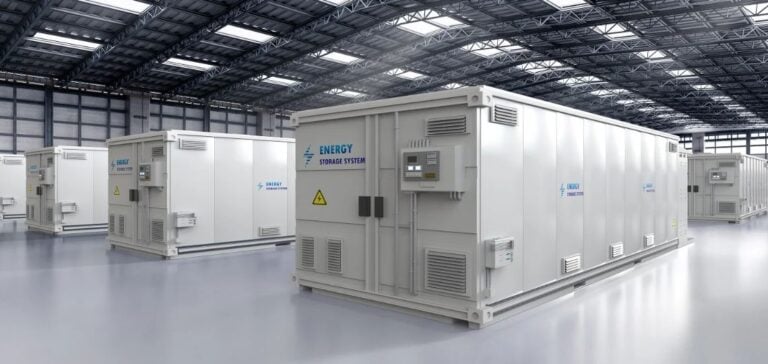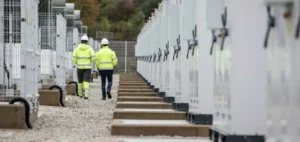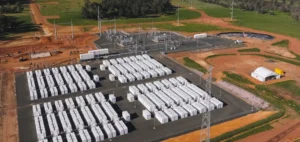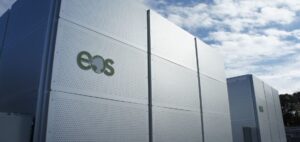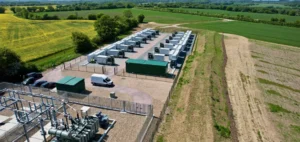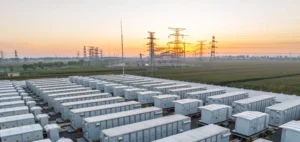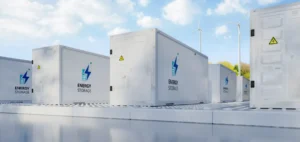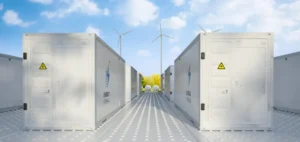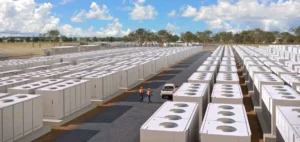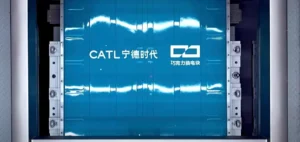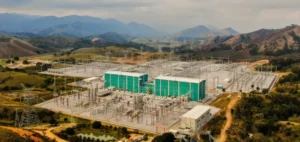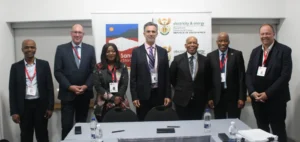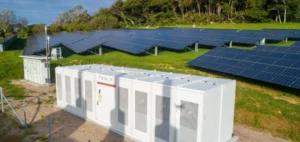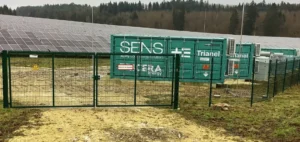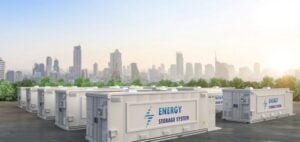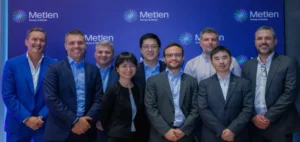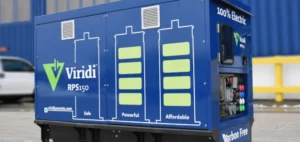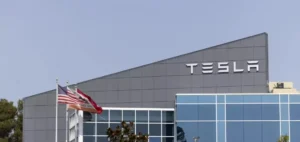Fidra Energy and Sungrow have signed a strategic agreement to develop Battery Energy Storage Systems (BESS) in the UK, totaling 4.4 GWh of capacity. This partnership is part of Fidra’s goal to establish a 10 GW energy storage platform in Europe by 2030.
The project focuses on two major sites in the UK. Thorpe Marsh, located in South Yorkshire, will become one of the world’s largest battery storage facilities, with a projected capacity to power up to 800,000 homes during peak hours. Construction is set to begin in 2025. The second site, West Burton C, in Nottinghamshire, will be designed to power approximately 300,000 homes, with construction planned for 2026.
Advanced technology for a resilient grid
Sungrow, the project’s technology partner, will supply its PowerTitan 2.0 storage system, a liquid-cooled solution capable of meeting the high demands of European markets. These systems will provide an initial two-hour duration, expandable to four hours, and come with a long-term maintenance contract.
Chris Elder, CEO of Fidra Energy, stated, “Our priority is to develop large-scale battery infrastructure to support Europe’s energy transition.” Sungrow shares this ambition, with Senior Vice President James Wu highlighting the importance of the PowerTitan 2.0 technology in enhancing the stability of the UK grid.
A key contribution to the energy transition
These two projects will play a critical role in the UK’s energy transition. They will help balance the grid during peak demand periods while enabling the integration of renewable energy sources. Thorpe Marsh, in particular, represents a significant milestone in large-scale storage.
Through this partnership, Fidra and Sungrow strengthen their positions in the European energy storage market while contributing to the UK’s carbon neutrality goals.

